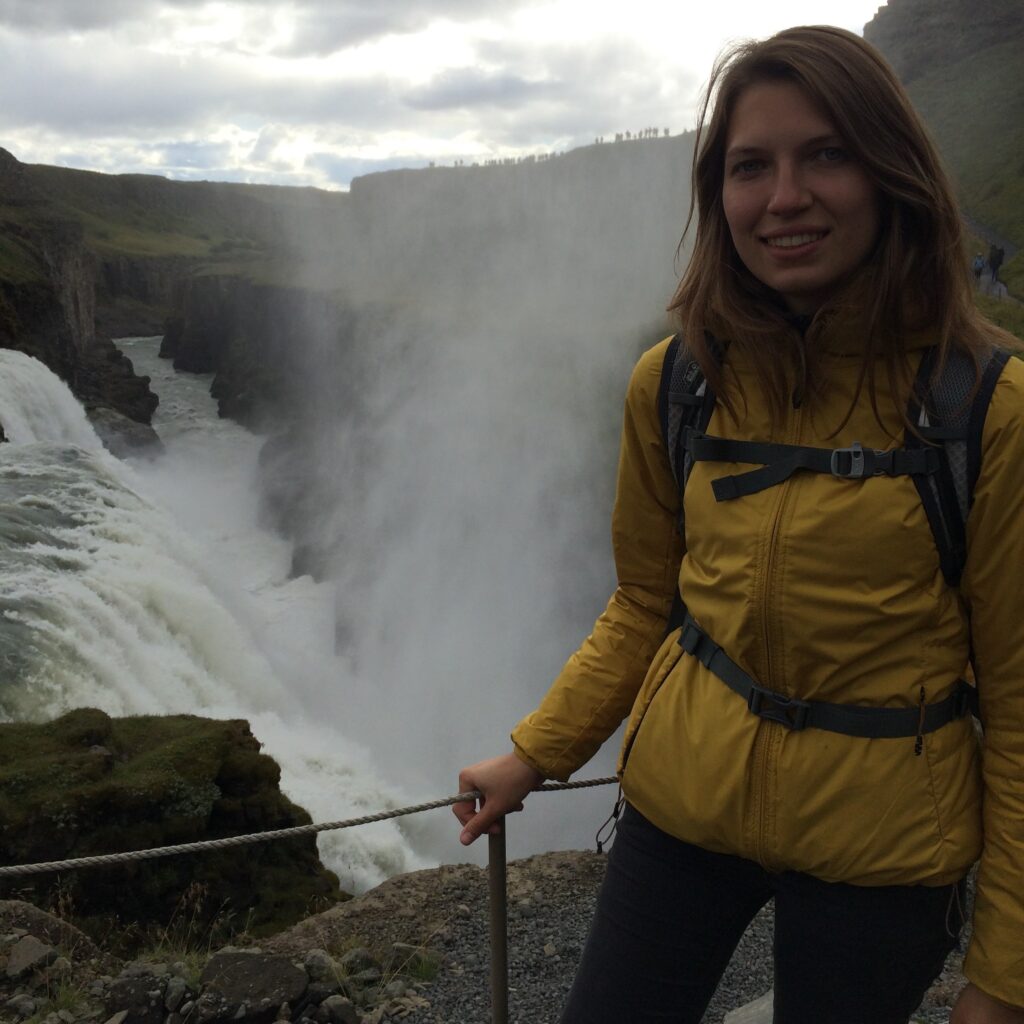Jacqueline Otto

Project title: Seeing in the dark: evolution of supraglacial lakes on the Greenland and Antarctic ice sheets during polar night
Location: Lancaster University
Email: j.otto@lancaster.ac.uk
LinkedIn: www.linkedin.com/in/jacqueline-otto-7bbb95183
After completing my BSc in Geographical Science at Freie Universität Berlin, I initially focused on Sustainability challenges in Urban Environments by pursuing an MA in Urban Studies at Humboldt University Berlin, but then shifted my research focus to Climate Science and Glaciology for which I completed a MSc in Polar Landscapes and Quaternary Climate at Stockholm University. My background and interest in both Physical and Human Geography has led me to investigate and learn about our current environmental challenges through different lenses and perspectives as well as in the course of exciting work opportunities, e.g. at the Race For The Baltic Foundation, supporting projects to tackle eutrophication in the Baltic Sea, or at the Tree-ring laboratory at Stockholm University, applying dendrochronological and wood-anatomical methods for provenance and dating of driftwood samples collected in Northern Greenland.
Research Project:
The Greenland and Antarctic Ice Sheets are responsible for about a third of global sea level rise as a result of increased melting and changes to ice dynamics. For my master thesis at Stockholm University, I investigated the climate change related response of supraglacial meltwater processes on Ryder Glacier in Northern Greenland, for which I specifically looked at the evolution and drainage of supraglacial lakes during summer using optical satellite imagery. As a continuation of my research interest for supraglacial meltwater processes, my PhD research at Lancaster University will focus on the evolution of supraglacial lakes on the Greenland and Antarctic ice sheets during winter using Synthetic Aperture Radar (SAR) data. The aim is to contribute to a more comprehensive understanding of supraglacial meltwater processes and their ice dynamical feedback throughout the entire year.
